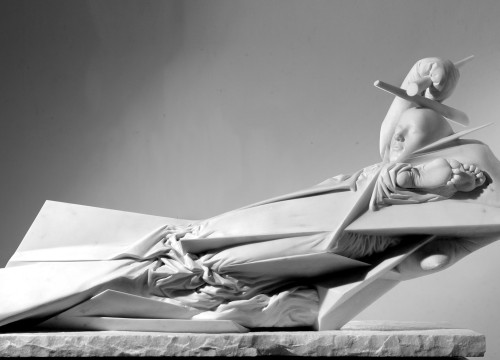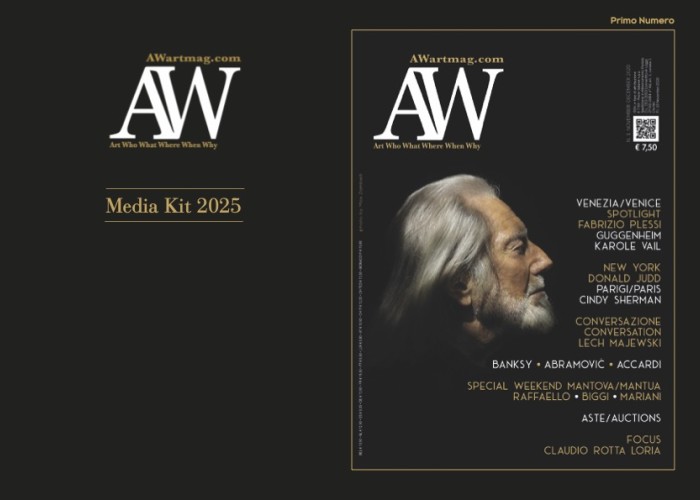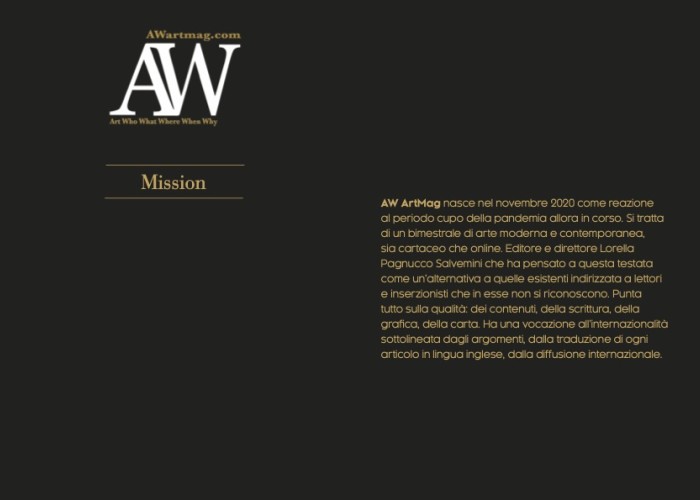Barcelona • At MACBA an exhibition to reflect on the poetics of Gonzalez-Torres
Arrived in New York in 1979, the Cuban artist is the witness of a generation fighting against all taboos
Forty years ago it was the Aids virus that dominated, triggering fear and loneliness, but it seemed that it was destined only for homosexuals and borderline people. Even if this was not the case, for a long time the expiatory categories, between governmental indifference and respectability. The Cuban artist Felix Gonzalez-Torres (1957-1996), who arrived in New York in 1979, so much so that he became the witness of a generation that struggled to break all taboos. An intimist fighter for love and ideality, especially after the death of his beloved companion from AIDS: it was ‘91, only five years later the same fate would befall him. If even God needs a witness, as Cormac McCarthy writes in his “Beyond McCarthy writes in his “Beyond the Boundary”, Felix Gonzalez-Torres has been an excellent one.
At the same time, he has been able to reveal intimate emotions with minimalist metaphorical associations, building a refined exploratory journey, visual, tactile, gestural. His legacy is subversive because it overcomes every boundary between public and private, because it is available in turn to be subverted depending on the place and the user, because it teaches that nothing makes sense by itself. With simplicity, it has undermined the very value of art by making it participatory, accumulative, repeatable, and free (everyone can take candies and posters that are replaced).
He undermined the very value of art, making it accumulable, repeatable, and withdrawable for free
Curtains, mirrors, light bulbs, candy, posters, writings, clocks side by side, Untitled (perfect lovers), which mark in unison the ineluctable sovereignty of time: “every time they see a clock or a ream of paper or a curtain, I want them to think twice,” says the artist. A poetic thread, made up of everyday objects often paired to think about the absence of that “one” of the “two” to perceive what remains as a lack. Nothing is eternal and immutable, not even art can forget to represent even its own transience because “it is always a matter of time”, Untitled (It’s just a matter of time), he wrote in ‘92 in large letters.
“Politics of Relationship,” the exhibition at MACBA in Barcelona, also invests political themes such as patriotism, emigration, militarism. The 40 installations scattered between the museum and the city is an anthology of reflections, in an attempt to penetrate the enigma of existence and human actions towards a new ethic and a new aesthetic. An unknown that remains before us as a task: “I was hungry, I was betrayed, I was happy, I was sad, I fell in love, I was afraid, I had many hopes, I had an idea, I had a good purpose, that’s why I make art".

























